Technology in China
大家好,
新年快乐! I hope this New Year brings you all so much happiness, health, prosperity and love!
I have been so excited to write this blog and this month I couldn’t hold back any longer so I’m going to tell you about the technology (技术) and really cool apps (应用) in China.
As you might know already, China is the only country in the world where non-Chinese social media is blocked and you need to use a VPN (which can be a bit inconvenient and temperamental but means you can still use Snapchat!)
Everyone in China has an app called '微信 ' (Weixin-WeChat) which is an app used for almost everything. Imagine Facebook messenger/iMessage/WhatsApp/Skype, Instagram, Shazam, Apple/Samsung Pay, Booking.com and online shopping combined into a single app. I love using WeChat to scan a shopkeeper's bar code to pay for your items (withdrawn from your online 'WeChat Wallet') - it's so convenient. Cash is still accepted here but hardly anyone uses it anymore. Because our WeChat accounts are connected to our bank accounts, we're able to put a certain amount in our 'WeChat Wallet' to ensure we don’t overspend our allowance. At the moment we are happily living off 10 元 (around £1.20 per meal).
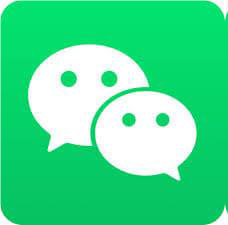
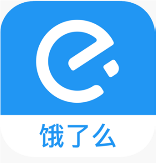
If we don't fancy going out to find food we can use a popular door-to-door food delivery service called '饿了么' (e le me). We were also able to book our flights for our big February travels through WeChat, likewise with our trains to Beijing, Xi'an and Harbin. I use WeChat every day to stay in contact with my friends and video call family back home as well as in China, contributing to group discussions with voice messages and amazing stickers/gifs you won't find on any other apps. It's so easy to contact your teachers if you have a question. WeChat also has a built-in service for translating photos or messages if unsure of the Chinese characters.
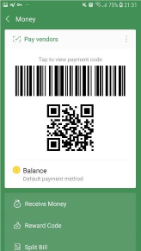
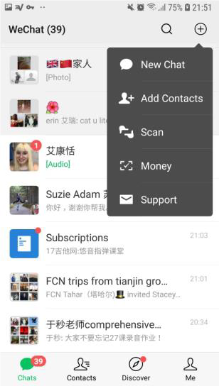
Another pretty cool, very handy Chinese app (the equivalent to Amazon/eBay) is called '淘宝' Taobao. This is Asia's biggest online shopping service offering very cheap but I'd say, very decent products (most of the time). From washing lines, cars, and phones (better price for quality compared to Scotland), to clothes, coffee, food and pencils. You can buy absolutely ANYTHING on Taobao! It is very easy to use and also very easy to become addicted to. Once our parcels have been delivered to our uni, they are put into a delivery station. We are sent individual parcel codes to collect our order. I think this is pretty cool!
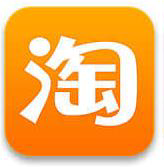
Before coming to China, one of the biggest questions I had was "How do Chinese people type if they don’t use letters, only characters?". I had never studied Chinese characters before coming here but I knew there were over 50,000 汉字 and 4 different tones so I thought it would be impossible to try to fit so many keys on a laptop or phone. So, to answer this question, Chinese people will use the English alphabet to type in the pinyin of their desired character which will then automatically display Chinese characters to choose from. For example, if I type in the pinyin "ma" for the word "horse" then all the "ma" Chinese characters will show (吗,嘛,马,妈 etc) and I can choose which "ma" character I am looking for (“马”). All you need to do is add a language on your phone or laptop to Chinese (simplified). Due to pinyin only being used as a learning link between English and Chinese, it was only recently introduced, so for the older generation who didn’t learn pinyin, it is also possible to draw the characters when typing (instead of typing in pinyin).
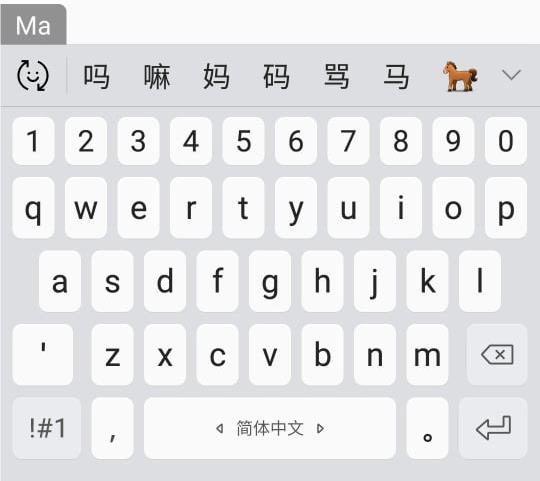
Katie Melua’s lyrics from her famous song “9 million bicycles in Beijing” could not be more accurate when describing the transportation here! I sincerely congratulate you if you manage to live a day in 天津 or 北京 without seeing a bicycle or even rows of bicycles on the side of the roads. It is very rare to see a ‘no bicycle zone’ but I think it is fabulous to have so many bikes everywhere! One of my absolute favourite things about 中国 are the mobile phone bike apps. In my opinion, being able to unlock a public bike outside our uni gates, cycle to wherever we need to, lock our bikes and leave them there for the next person to unlock is one of the most genius inventions of our time. There are hundreds of bikes everywhere so it’s easy enough to find one wherever you are. To unlock a bike you simply need to scan the barcode using Alipay or bike app and then you can start riding to wherever. I really love this system because it encourages the public to use more bikes and promotes healthy living/ exercise (not to mention also being more environmentally friendly & aware). I reckon introducing a public cycle system like this in Scotland would definitely encourage a healthier lifestyle. We could cycle everywhere for only £1.70 a month and slowly prevent global warming over a long period of time.
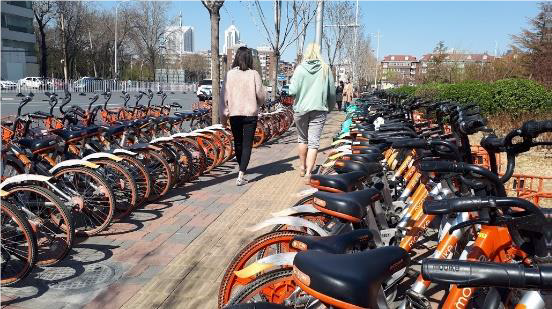
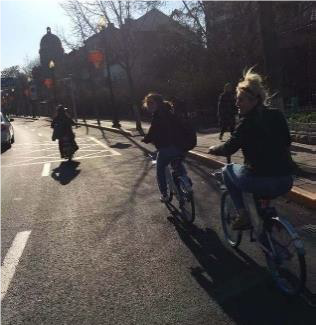
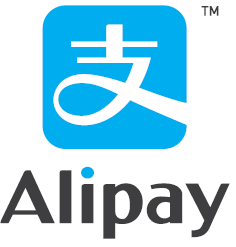
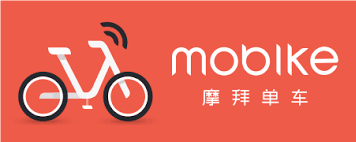
我非常喜欢在天津骑自行车! The roads have equal sized lanes- one for cars and one for bicycles. Although, taking a look outside you would never believe China has speed limits on the roads so cycling for the first time is really daunting (but such a thrill)! It is really great to see such a wide variety of people of all ages making use of public bicycles.
Therefore I do believe the technology in China is of a pretty high quality/standard. Thereare some similarities between Scottish technology and Chinese technology however I still think they are quite different and interesting in their own ways. Even though I feel China is a little behind the rest of the world on a few small things- technology (技术) is definitely not one of them!!
ACTIVITY
Try and match up the English words/ descriptions that I’ve mentioned in this blog to the related Chinese characters (汉字) :(tip: say the pinyin out loud and see if you can guess the similar sounding English equivalent)
- 微信 (wei xin)
- 自行车 (zi xing che)
- 饿了么 (e le me)
- 支付宝 (zhi fu bao)
- 钱 (qian)
- 应用 (ying yong)
- 拼音 (pinyin)
- 健康 (jian kang)
- 摩拜单车 (mo bai dan che)
- 马 (ma)
- 技术 (ji shu)
- 元 (yuan)
- 买 (mai)
- 淘宝 (tao bao)
- Technology
- Chinese equivalent “£”
- To buy
- Horse
- Bicycle
- Asia’s biggest online shopping service
- Alipay
- Money
- App
- Food delivery service
- Romanised spelling (transliterating 汉字)
- Mobike
- Health
Did you get them right?
Check your answers and then:
1. Try to substitute the Chinese pinyin and characters into the blog where appropriate
or
2. Go back through the blog and tell your partner the name of the Chinese logos in the pictures above!
ANSWERS:
1-B, 2-F, 3-K, 4-H, 5-I, 6-J, 7-L, 8-N, 9-M, 10-E, 11-A, 12-C, 13-D, 14-G.
With love 爱,
Kai Lin 凯琳 x